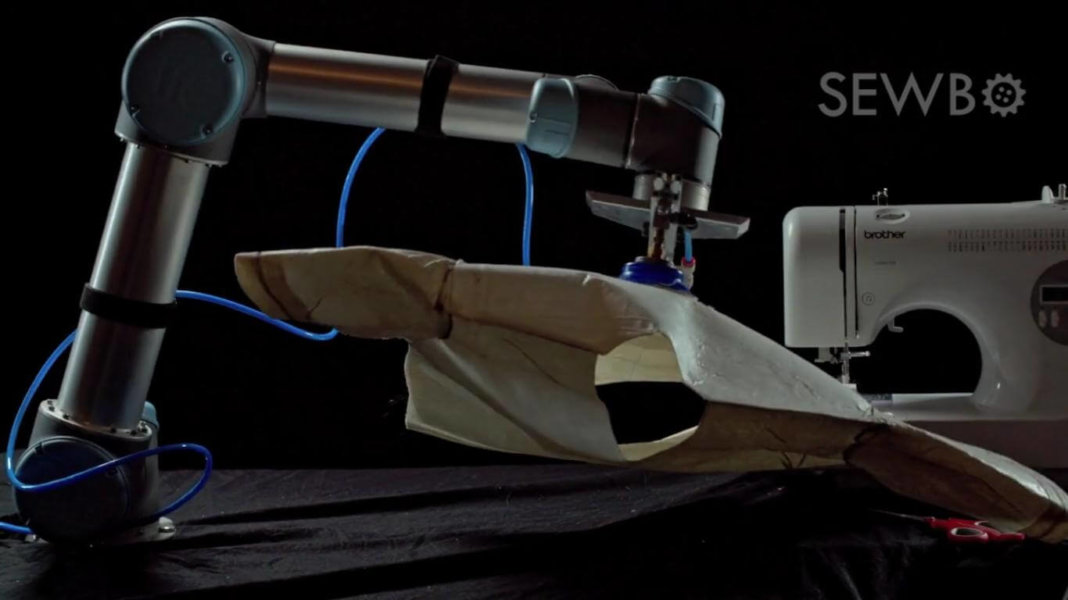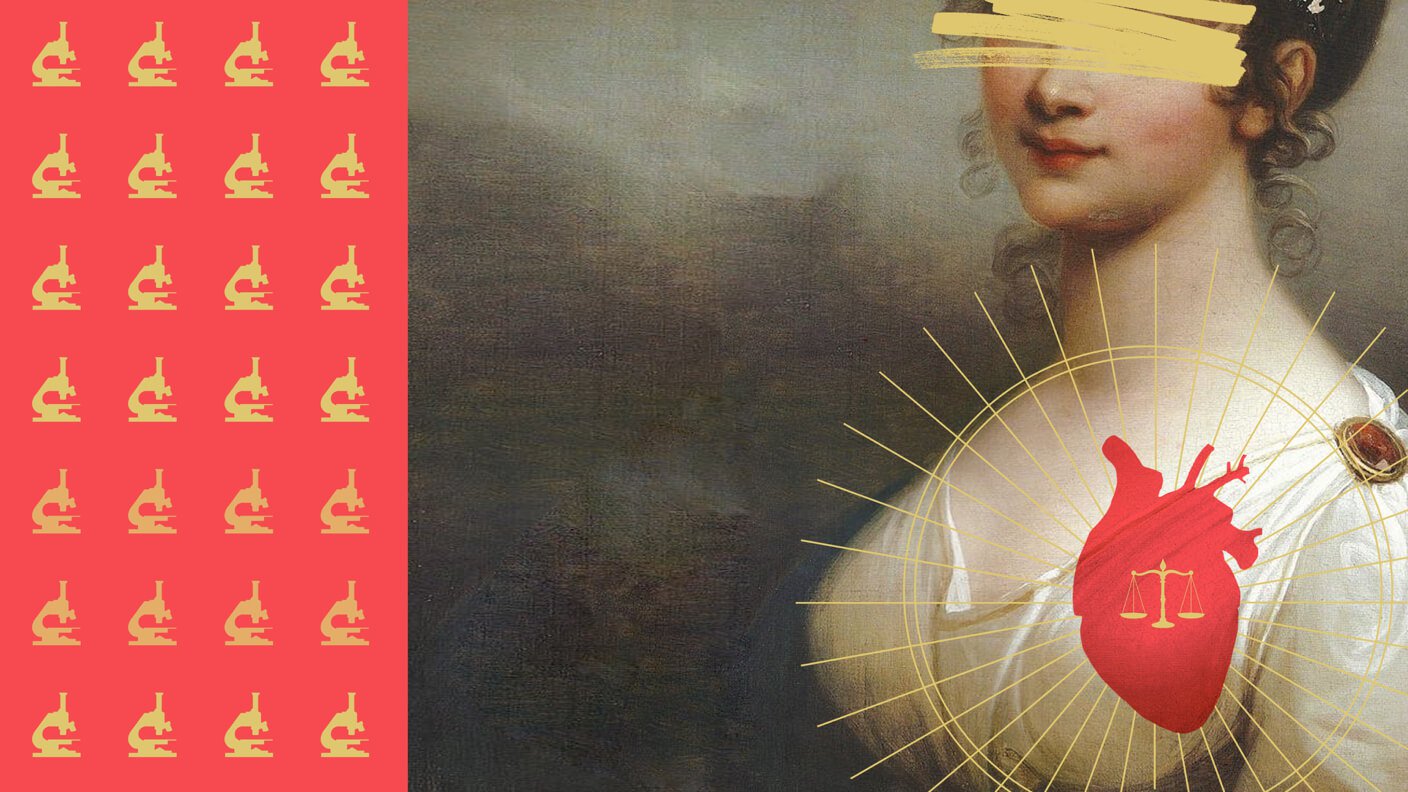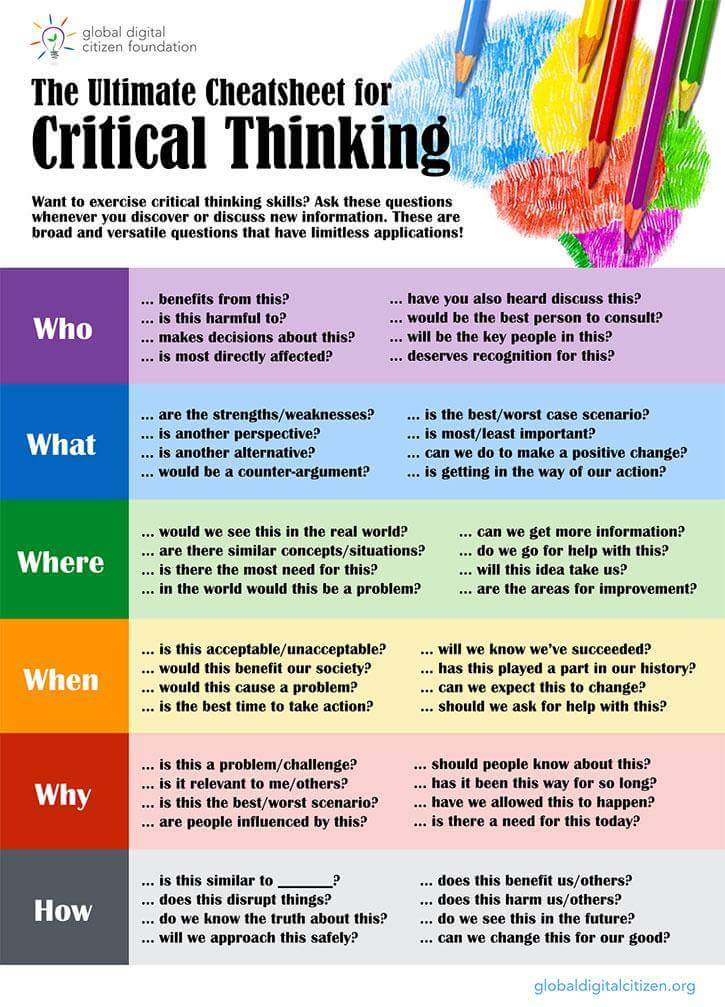What do our imaginary societies have that they don’t “need”?
Originally shared by Stewart Brand
My summary of Steven Johnson’s Long Not talk…
HUMANITY HAS BEEN INVENTING TOWARD DELIGHT for a long time. Johnson began with a slide of shell beads found in Morocco that indicate human interest in personal adornment going back 80,000 years. He showed 50,000-year-old bone flutes found in modern Slovenia that were tuned to musical intervals we would still recognize. Beads and flutes had nothing to do with survival. They were art, conforming to Brian Eno’s definition: “Art is everything you don’t have to do.” It looks frivolous, but Johnson proposed that the pursuit of delight is one of the prime movers of history — of globalization, innovation, and democratization.
Consider spices, a seemingly trivial ornament to food. In the Babylon of 1700 BCE — 3,700 years ago — there were cloves that came all the way from Indonesia, 5,000 miles away. Importing eastern spices become so essential that eventually the trade routes defined the map of Islam. Another story from Islamic history: when Baghdad was at its height as one of the world’s most cultured cities around 800 CE, its “House of Wisdom” produced a remarkable text titled “The Book of Ingenious Devices.” In it were beautiful schematic drawings of machines years ahead of anything in Europe — clocks, hydraulic instruments, even a water-powered organ with swappable pin-cylinders that was effectively programmable. Everything in the book was neither tool nor weapon: they were all toys.
Consider what happened when cotton arrived in London from India in the late 1600s. Besides being more comfortable than itchy British wool, cotton fabric (called calico) could easily be dyed and patterned, and the democratization of fashion took off, along with a massive global trade in cotton and cotton goods. Soon there was an annual new look to keep up with. And steam-powered looms drove the Industrial Revolution, including the original invention of programmable machinery for Jacquard looms.
Consider the role of public spaces designed for leisure — taverns, coffee shops, parks. Political movements from the American Revolution (Boston’s Green Dragon Tavern) to Gay Rights (Black Cat Tavern in Los Angeles) were fomented in bars. Whole genres of business and finance came out of the coffee shops of London. And once “Nature” was invented by Romantics in the late 1800s, nature-like parks in cities brought delight to urban life, and wilderness became something to protect.
Play invites us to invent freely.
http://longnow.org/seminars/02017/jan/04/wonderland-how-play-made-modern-world/




